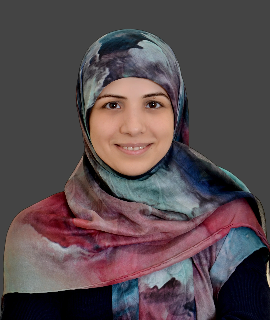Title : Genome-wide polymorphisms linked to treatment dosing and outcomes in Qatari pediatric acute lymphoblastic leukemia
Abstract:
Background: Childhood acute lymphoblastic leukemia (ALL) is the most common pediatric cancer, yet significant inter-individual variability exists in response to its therapy. Genetic polymorphisms as biomarkers for treatment efficacy and toxicity in childhood ALL are limited, particularly in Middle Eastern populations whose unique and under-studied genetic variant profiles warrants investigation.
Objective: This study aims to identify the genetic variants associated with treatment dosing and toxicity in pediatric ALL patients of the Qatari population.
Design/Method: We collected clinical data and performed whole-genome sequencing (30X) on blood samples from 77 pediatric ALL patients at Sidra Medicine. Genetic variants within key drug metabolizing enzymes and transporters (DMETs) of ALL chemotherapy were assessed against 14,000 healthy Qatar Genome Program (QGP) and 1,000 Genomes Project (1kGP) participants using Fisher's exact test. Candidate and whole-genome variants were evaluated for association with 6-mercaptopurine (6-MP) dosing percentage (administered versus protocol-required dose) using a multivariate mixed linear model, and variants passing genome-wide significance (P < 5x10-8 and FDR < 0.05) were reported. Gene-set enrichment analysis was performed using MAGMA, and pathways with FDR < 0.05 were reported.
Results: Over 300 variants in DMETs were significantly enriched in QGP compared to 1kGP. Among the DMET variants, four including rs10133855 (MTHFD1), rs73379156 (TPMT), rs73142925 (DOK5) and rs597157 (NALCN), were associated (FDR < 0.05) with reduced 6-MP dosing, with rs73379156 being in proximity to TPMT variants with specific 6-MP prescribing guidance. The homozygous mutant of rs73379156 (TPMT) experienced febrile neutropenia and required > 60% reduction in 6-MP dosing, suggesting that the increased toxicity risk resulted in 6-MP dose reduction in mutation carriers. Genome-wide association analysis identified 12 (P < 5x10-8) and 2,864 (FDR < 0.05) variants associated with altered 6-MP dosing. Gene-set enrichment analysis showed that genetic variants associated with 6-MP dosing were most significantly enriched in an immune system pathway, highlighting the role of the immune system in 6-MP related complications.
Conclusion: This study revealed candidate and whole-genome genetic variants associated with altered 6-MP dosing in Qatari pediatric ALL patients, with insights into their biological pathways. Further analysis on other ALL treatment endpoints is in progress, advancing the potential for personalized therapy of pediatric ALL within Middle Eastern populations.



